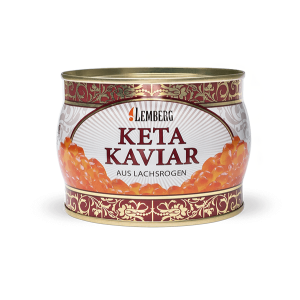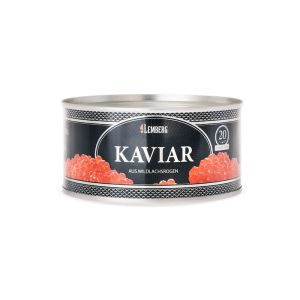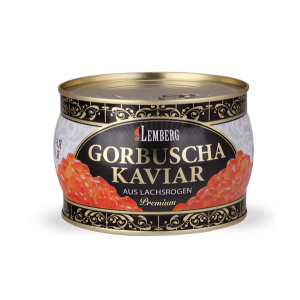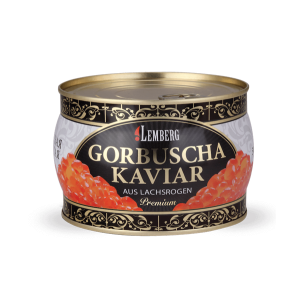DIFFERENCE BETWEEN CAVIAR AND ROE
- First Came the Egg
- The Original Definition
- The Practical Definition
- The American Definition
- What Can't Be Called Caviar
- Does It Matter?
While the original Persian word khavyar simply means "egg," not every egg can be described as caviar. Some producers tend to apply this prestigious label to any type of roe from capelin to salmon and everything in between. It often confuses buyers and infuriates caviar purists. Is there a difference and does it matter?
First Came the Egg
Let's start with the basics. Ripe, unfertilized eggs of marine animals, including fish, shellfish and squid, are called roe. It can be eaten raw, processed and preserved or used as a cooking ingredient. Sometimes, the term soft roe is used to describe milt, which is harvested from male species.
The label "fish roe" is applied to raw or processed roe of fish that have fins.
Caviar is processed salted roe that comes from the sturgeon species (the Acipenseridae family).
The Original Definition
Historically, only roe harvested from wild-caught Sevruga, Beluga and Osietra species inhabiting the Black and the Caspian seas was called caviar. It is the definition that is accepted by purists. You can use this titbit in a conversation if you want to appear sophisticated.
The Practical Definition
The main difference between caviar and roe is the way they are processed before being sold. Caviar has to undergo specific treatment which includes salting, and sometimes pressing and pasteurizing. Malossol is the traditional treatment that contains 3 to 5% of salt and preserves the taste and quality of caviar.
On the other hand, regular roe can contain all kinds of preservatives, additives and seasoning, or none at all.
According to the UN Food and Agriculture Organization, true caviar is harvested from female sturgeon or its closest relative, paddlefish, which can be wild-caught or grown on a fish farm. Some of the most popular varieties include Beluga, Osietra, Amur sturgeon and Kaluga. Species can be pure-bred or hybridized.
Caviar can have black, silver-grey or golden hue. The pearls range in brightness and size depending on the grade of the product.
Depending on the type of sturgeon it comes from, the delicacy can have buttery, nutty or briny flavour.
True caviar is more expensive than similar products. It takes at least eight years for a female sturgeon to mature and produce eggs. High-grade eggs come from older species.
Feature | Caviar | Roe |
Definition | Salt-cured eggs from sturgeon fish | Unfertilized eggs from various fish species |
Origin | Historically from the Black and Caspian Seas | Worldwide, from a variety of fish species |
Processing | Specific salting, pressing, and sometimes pasteurizing | Varied processing methods, including raw consumption |
Taste Profile | Rich, buttery, with a briny flavor | Diverse, ranging from mildly sweet to salty |
Texture | Firm, delicate, melts in mouth | Varies, generally softer than caviar |
Color | Typically black, silver-grey, or golden | Varies widely, can be black, red, orange, or yellow |
Price Range | Higher priced, luxury item | More affordable and accessible |
Culinary Uses | Often served alone or with minimal accompaniments | Used in a variety of dishes and cuisines |
Nutritional Value | High in Omega-3s, vitamins A and E | Nutrient-rich, varies depending on fish species |
Sustainability | Concerns about overfishing, farmed varieties available | Generally more sustainable, varies by species |
Cultural Significance | Symbol of luxury and opulence | Staple in various global culinary traditions |
The American Definition
North American producers are more lax when it comes to labelling standards. The FDA allows using the word caviar when describing trout, bowfin, salmon, or even carp roe. However, the packaging must include the name of the fish. Colloquially, such products are known as red caviar. In the UK, they are classified as "caviar substitutes."
What Can't Be Called Caviar
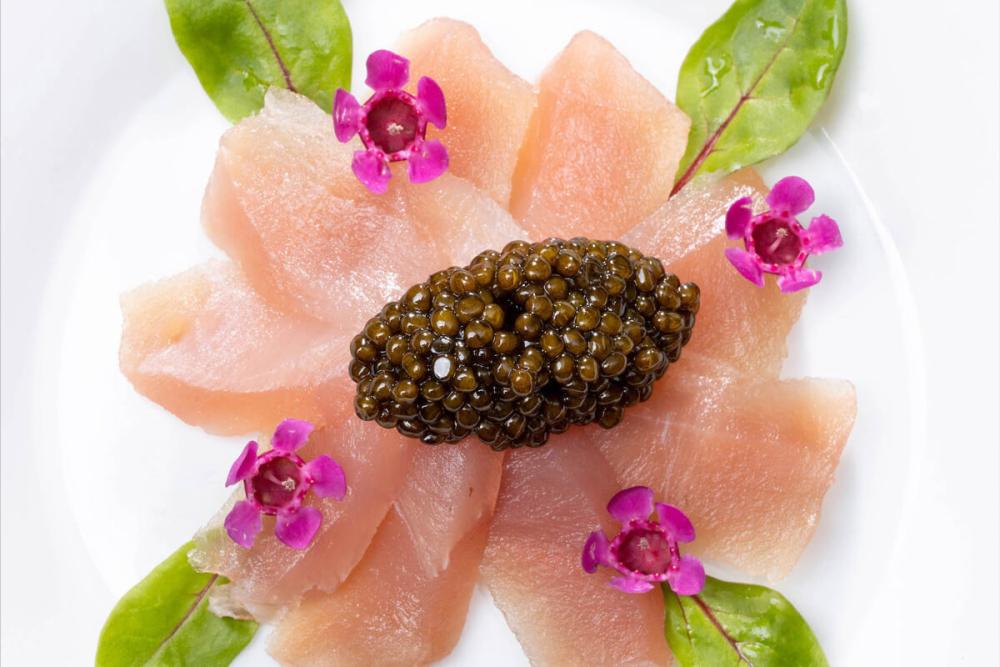 Cheaper synthetic substitutes that are made from vegetables, fruits or mushrooms, gelatin and fish oil are not fish roe. Sometimes people refer to such products as faux or artificial caviar.
Cheaper synthetic substitutes that are made from vegetables, fruits or mushrooms, gelatin and fish oil are not fish roe. Sometimes people refer to such products as faux or artificial caviar.
Fresh sturgeon eggs that have not been processed are technically not caviar. These "green eggs" are served in some high-end restaurants alongside the salted delicacy.
Does It Matter?
"Caviar vs roe" is probably one of those debates that will never end. These days, the prestigious label is applied loosely by buyers and manufacturers to describe different kinds of products. It is fine as long as the labelling and packaging doesn't mislead the buyer on purpose or omit important details.
Explore Lemberg UK online store to discover more differences between caviar and fish roe. Whether you prefer a strict definition or a more loose one, you are going to enjoy the amazing taste and quality of our premium products.
FAQ:
Why is caviar often more expensive than other types of roe?
Caviar's higher price is due to several factors, including the rarity of sturgeon species, the time it takes for sturgeon to mature and produce eggs, and the specific and careful processing methods required.
Can caviar and roe be used interchangeably in recipes?
While caviar and roe can sometimes be used interchangeably, their distinct flavors and textures mean that they can offer different culinary experiences. Caviar is often served alone to appreciate its delicate flavor, while roe can be used in a variety of dishes.
Are there any sustainability concerns with consuming caviar or roe?
Yes, sustainability is a concern, especially for wild-caught sturgeon due to overfishing. It's important to opt for caviar and roe from sustainable sources, such as well-managed fisheries or aquaculture.
Can people with seafood allergies consume caviar or roe?
Individuals with seafood allergies should exercise caution and consult with a healthcare provider before consuming caviar or roe, as they are seafood products and may trigger allergic reactions.
Last update: 08.12.2023
Our bestsellers
Read more
Indulge in the exquisite flavors of Ossetra caviar. With its medium-sized eggs, this delicacy offers a buttery taste and a subtle hint of nuttiness. Elevate your dining experience with this luxurious treat, perfect for special occasions.
Caviar is one of the most delicious and healthy foods rich in protein and iodine. The high cost is due to the complexity of the production technology and the exquisite taste of the finished product. What is black caviar?
Whether you want to enjoy the luxurious black caviar or prefer to opt for a less costly red variety, it is important to know how to serve caviar. Read on to learn what garnishes and drinks to offer to your party.
There are many different technologies for extracting caviar, depending on a variety of factors. And since a thorough discussion of this topic falls outside the scope of our article, we will only describe the most common method...

Indulge in the exquisite flavors of Ossetra caviar. With its medium-sized eggs, this delicacy offers a buttery taste and a subtle hint of nuttiness. Elevate your dining experience with this luxurious treat, perfect for special occasions.
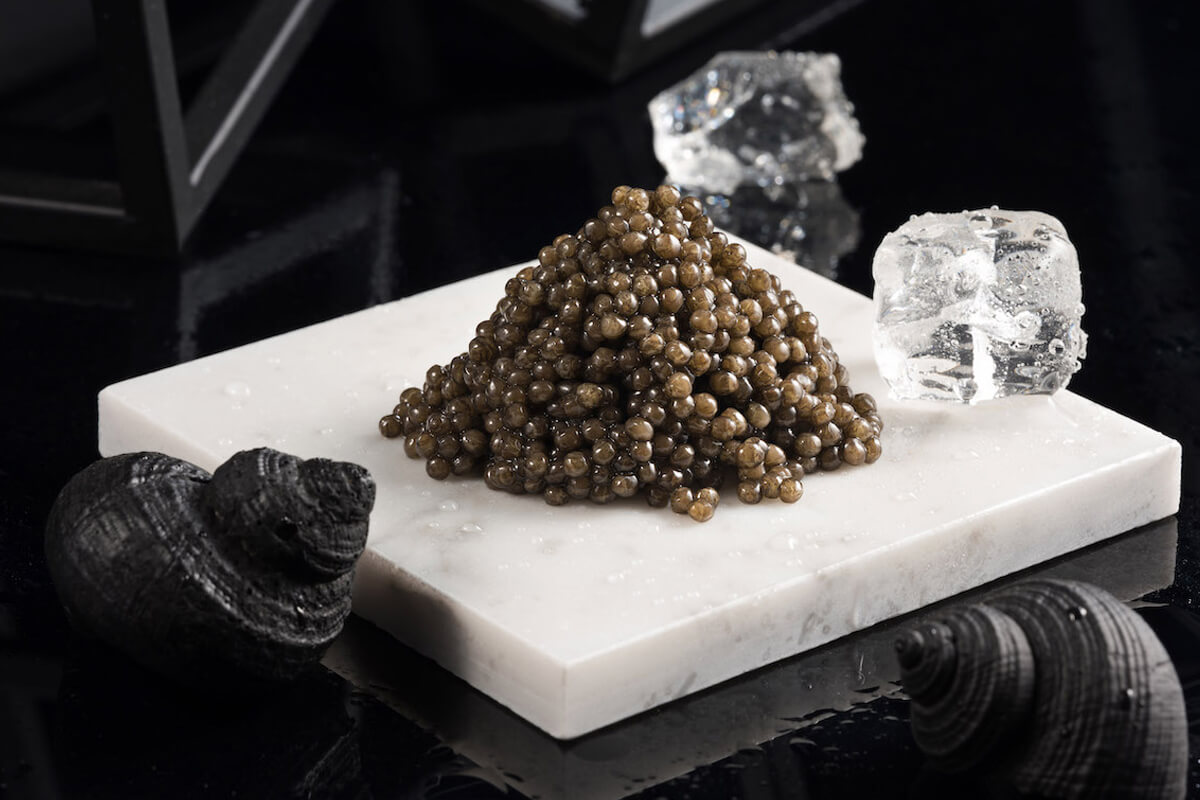
Caviar is one of the most delicious and healthy foods rich in protein and iodine. The high cost is due to the complexity of the production technology and the exquisite taste of the finished product.
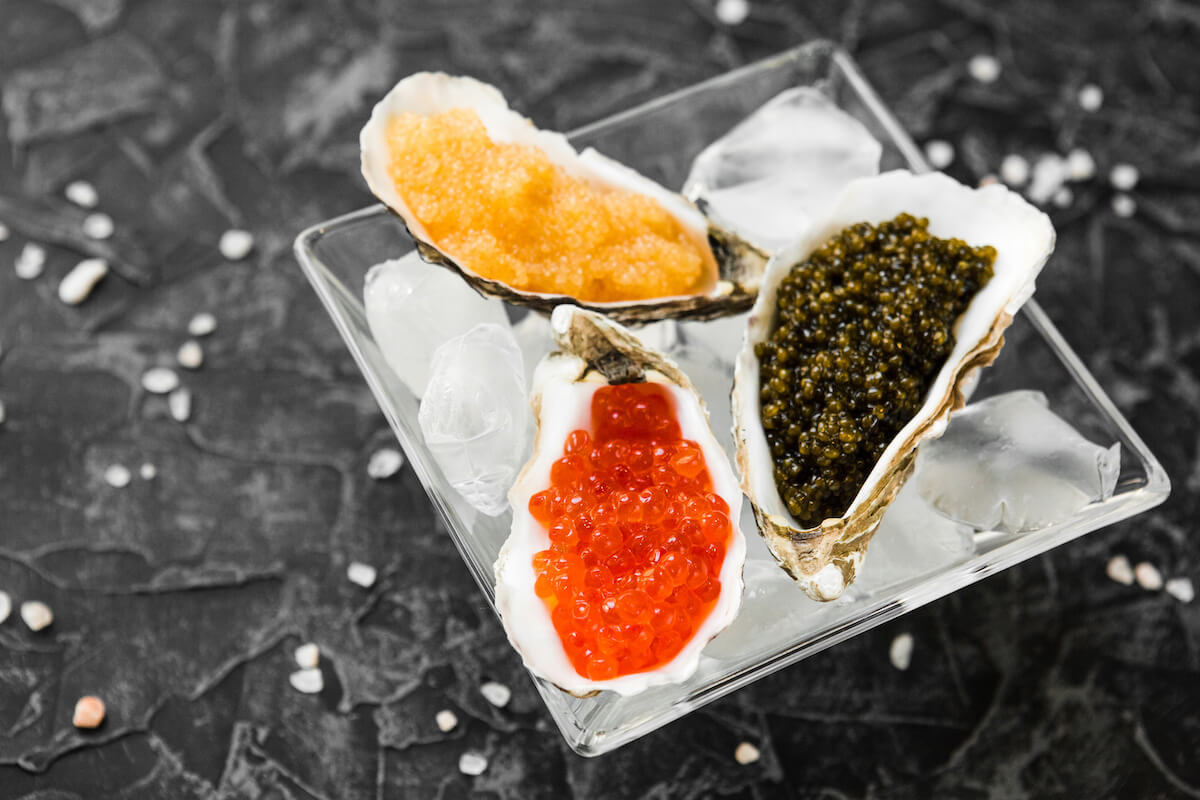
Whether you want to enjoy the luxurious black caviar or prefer to opt for a less costly red variety, it is important to know how to serve caviar. Read on to learn what garnishes and drinks to offer to your party.

There are many different technologies for extracting caviar, depending on a variety of factors. And since a thorough discussion of this topic falls outside the scope of our article, we will only describe the most common method...

 Русский
Русский
